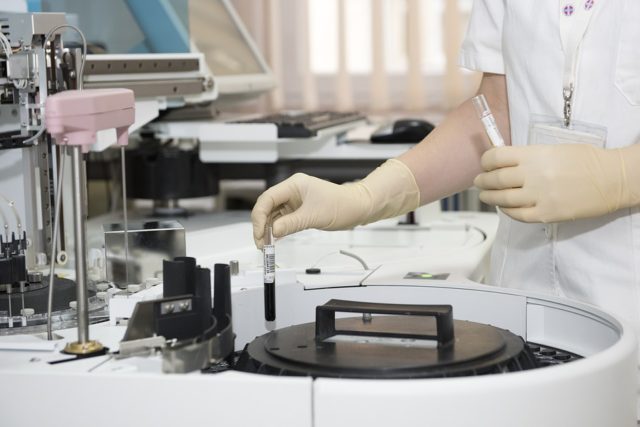Tel Aviv University researchers invented the first fully personalized tissue implant, engineered from a patient’s own materials and cells. The novel technology enables to engineer any kind of tissue implant from one small fatty tissue biopsy.
“We were able to create a personalized hydrogel from the materials of the biopsy, to differentiate fatty tissue cells into different cell types and to engineer cardiac, spinal cord, cortical and other tissue implants to treat different diseases,” says Prof. Tal Dvir of TAU’s Department of Biotechnology, who led the research for the study.
Will you offer us a hand? Every gift, regardless of size, fuels our future.
Your critical contribution enables us to maintain our independence from shareholders or wealthy owners, allowing us to keep up reporting without bias. It means we can continue to make Jewish Business News available to everyone.
You can support us for as little as $1 via PayPal at office@jewishbusinessnews.com.
Thank you.
“Since both the cells and the material used derive from the patient, the implant does not provoke an immune response, ensuring proper regeneration of the defected organ,” Prof. Dvir says.
Currently, the method for tissue engineering for regenerative medicine, cells are isolated from the patient and cultured in either synthetic or natural biomaterials to assemble into a functional tissue.
These biomaterials are always derived from plants or animals. After transplantation, they may induce an immune response that leads to rejection of the implanted tissue.
Patients receiving cultured tissues (or any other implants) are treated with immuno-suppressors, which themselves endanger the health of the patient.
The TAU scientists extracted a small biopsy of fatty tissue from patients, then separated its cellular and a-cellular materials. While the cells were reprogrammed to become induced pluripotent stem cells — able to make cells from all three basic body layers, so they can capable of giving rise to several different cell types the body needs to repair itself — the extracellular material (situated outside a cell) was processed to become a personalized hydrogel.
After combining the resulting stem cells and the hydrogel, the scientists successfully engineered the personalized tissue samples and tested the patients’ immune responses to them.
“We can efficiently regenerate any diseased or injured organ — a heart after a heart attack, a brain after trauma or with Parkinson’s disease, a spinal cord after injury,” says Prof. Dvir. “In addition, we can engineer adipogenic (fatty tissue) implants for reconstructive surgeries or cosmetics. These implants will not be rejected by the body.”
Currently, the researchers are engaged in regenerating an injured spinal cord and an infarcted heart with spinal cord and cardiac implants. They have also begun to investigate the potential of human dopaminergic implants to treat Parkinson’s disease in animal models.
Now they plan to regenerate other organs, including intestines and eyes, using the patients’ own materials and cells. “We believe that our technology will allow us to regenerate any organ with a minimal risk of the immune response,” Prof. Dvir concludes.




